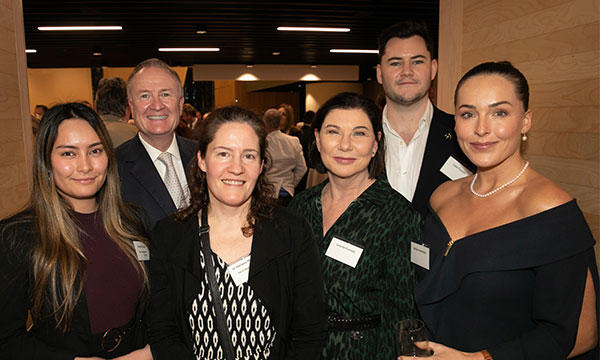Venn Energy, a developer of world-class renewables projects, sees increasing opportunities for solar energy and energy storage projects in Australia. Consequently, it has set up its Asia-Pacific headquarters in Melbourne, Victoria.
Over the past decade, the management team behind Canada’s Venn Energy have delivered over 1.2 GW of renewable energy projects – to the value of US$1.8 billion – over four continents. Now, Venn and its joint venture partner Artibir Energy have their sights set firmly on Australia.
‘Among the world’s most developed economies, Australia represents perhaps the greatest growth potential for renewables and energy storage,’ says Geoff Stoker-Lavelle, Venn Managing Partner and Co-founder.
‘Not only is there great opportunity for us to grow our business in Australia, but also to deploy the expertise and skillset of our team of local professionals to projects elsewhere within the Asia-Pacific region. And that’s the bigger picture for the future of our business,’ he explains.
‘Australia’s major cities have diverse talent pools of skilled professionals from all over the world, building valuable experience within our industry. We know first-hand the importance of bringing global industry experience to delivering projects at an international standard expected by everyone from investors to banks, so that is incredibly important to us when hiring and developing our team.’
Venn focuses on developing large-scale solar energy and energy storage projects. It secures suitable land sites for projects, obtains permits and development approvals from local councils or state governments, and organises the processes for the construction and long-term operation of the plant.
‘Renewables have not only become the cheapest source of power to develop but at the same time they have become the quickest to deploy,’ says Naveed Amirzada, Venn Managing Partner and Co-founder.
Australians are warming to renewables. The country has excellent levels of renewable energy generation, including some of the highest levels of rooftop solar. The Australian Energy Market Operator (AEMO) reports that Australia has the technical capacity to safely operate a power system in which wind and solar could provide 75 per cent of energy.
Out with the old, in with the new e-fuels
While the majority of Australia’s base power currently derives from coal, Amirzada points out that the bulk of these plants are 30 to 50 years old and are coming to the end of their lives.
‘Australia is going to need new renewables to replace the existing coal and ageing infrastructure that’s in place,’ he says. ‘That represents US$60 billion in investment over the next 20 years. So, from a renewable energy perspective, Australia represents a vast opportunity.’
Several states are actively growing their local renewables markets and have put in place strong standards for emissions targets. Amirzada cites this homegrown innovation and the work of regulatory agencies, such as AEMO and the Australian Energy Regulator (AER) in making sure that Australia’s renewables industry – and its transition to renewables – is being properly managed as key.
‘AEMO has been trying to put together the rules that are necessary for this new energy system that Australia really needs,’ says Amirzada.
Australia’s forward thinking on hydrogen and energy storage has also impressed Venn’s managing partners. ‘We will look to get deeper into this as the technology matures,’ says Amirzada ‘but we want to make green hydrogen, not coal-based brown hydrogen. I think that’s going to be an interesting opportunity for us going forward.
‘Australia is taking a really big lead on this, which makes the market more attractive for us. If Australia’s future economic growth is going to be green, it would make the country a good location for our Asia-Pacific hub.’
Moving faster and further with Austrade
Amirzada pinpoints Austrade as a valuable resource for anyone looking to invest in Australia.
‘Austrade introduced us to other businesses in Canada that had already made that transition and could give us an idea of what to expect,’ he says. ‘We attended some Australian events in Canada, which gave us a good sense of the Australian business culture.







